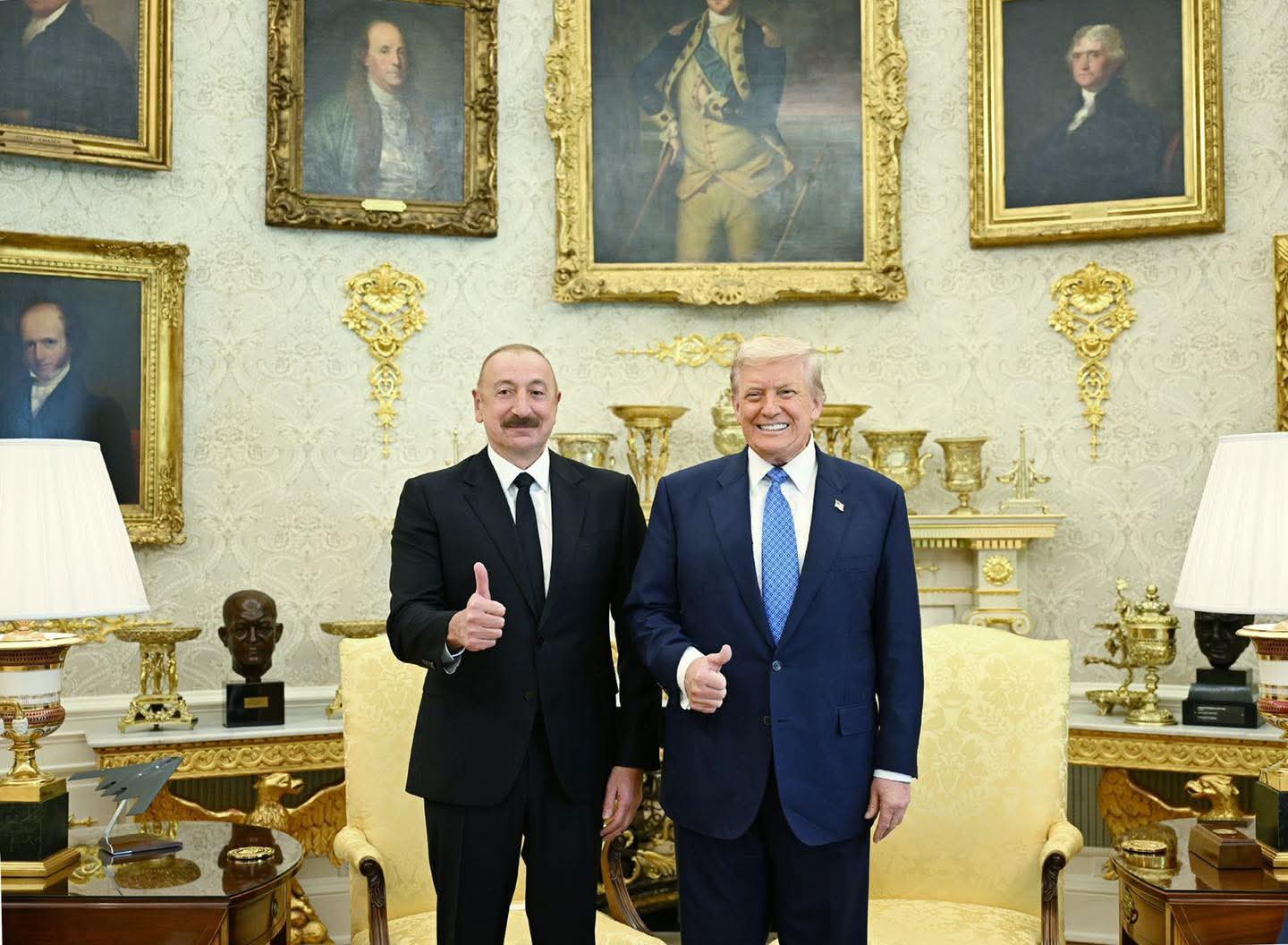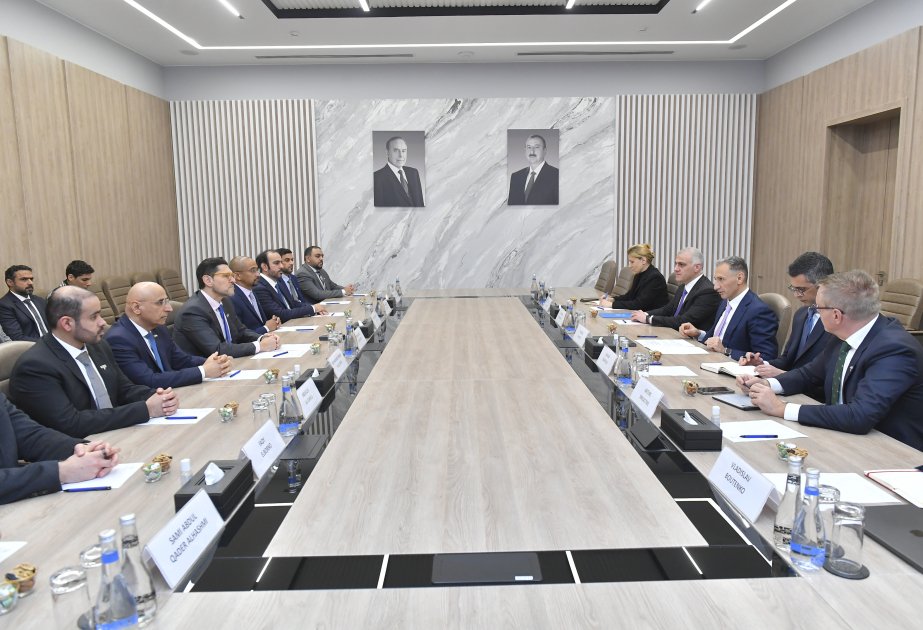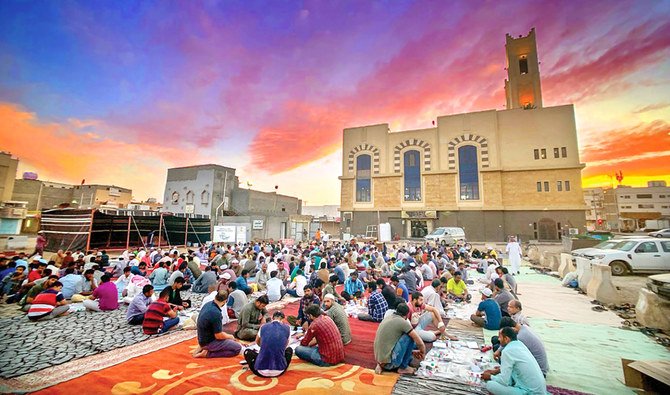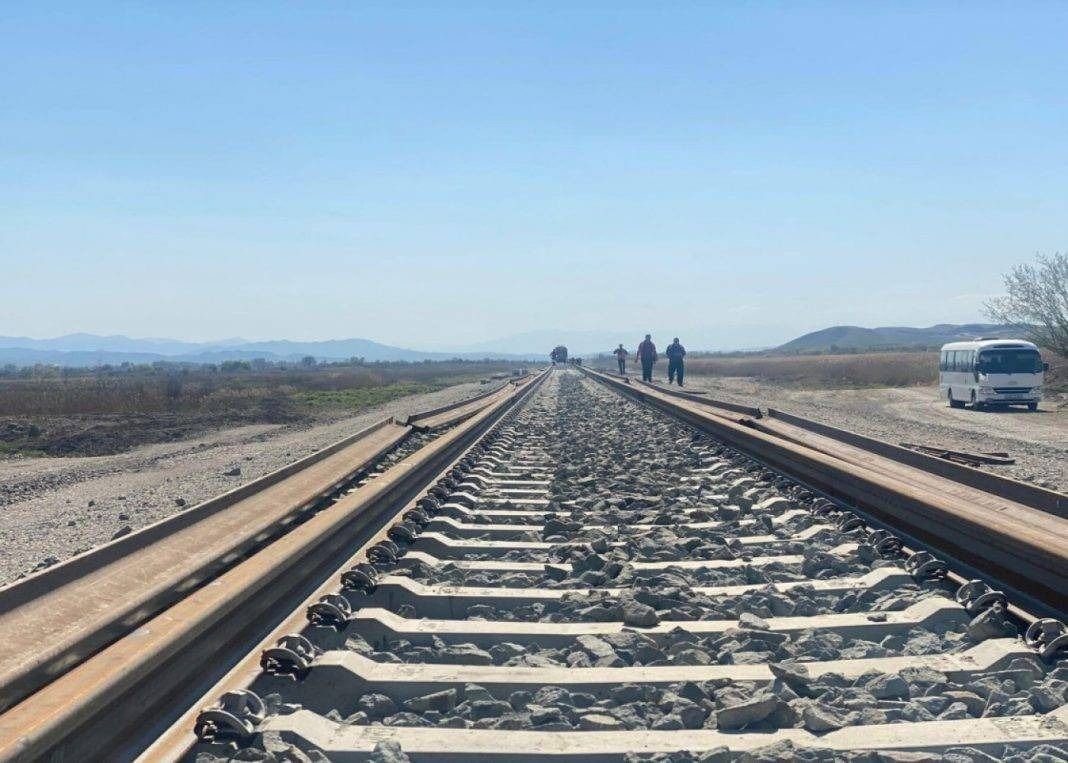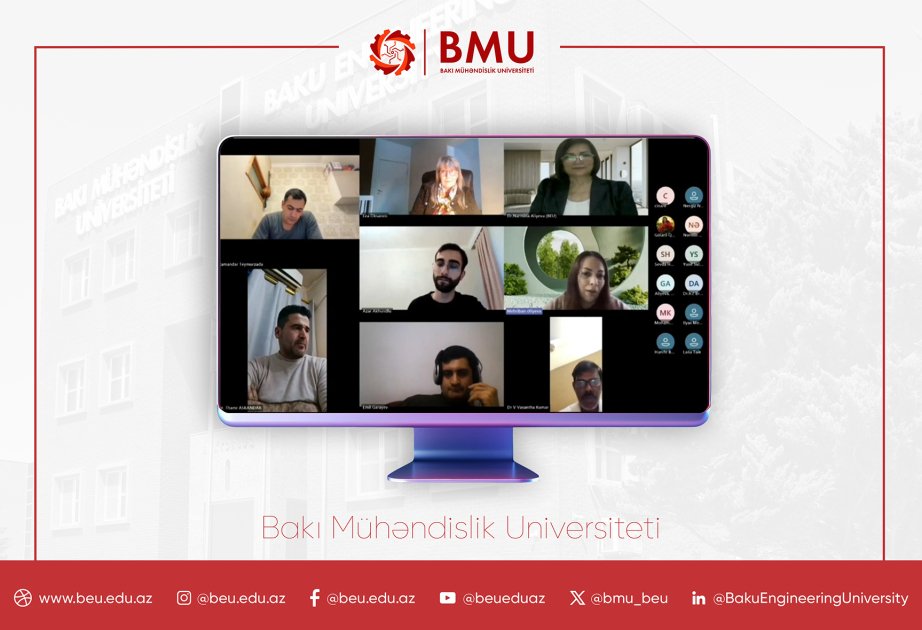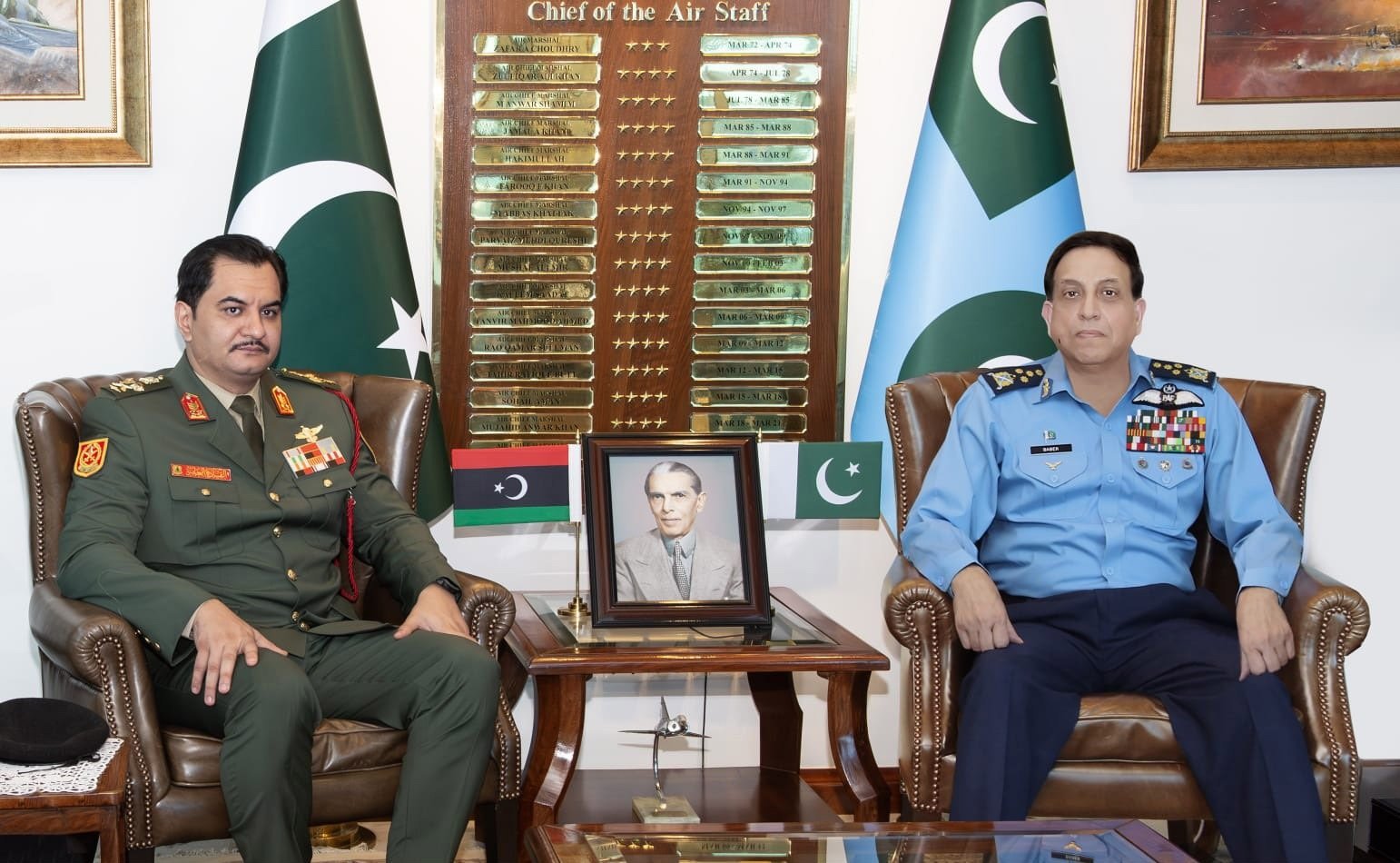In the early 1990s, as a result of Armenia’s armed aggression against Azerbaijan, nearly one-fifth of Azerbaijani territory remained under occupation for 30 years. The occupation was accompanied by the mass ethnic cleansing of approximately one million Azerbaijanis from those territories, along with the commission of other serious crimes.
It is no secret that the co-chairing countries of the OSCE Minsk Group, which had a UN mandate—namely Russia, France, and the United States—conducted 30 years of fruitless negotiations to resolve the Armenia-Azerbaijan conflict.
Finally, in 2020, Azerbaijan, as a model member of the United Nations, unilaterally ensured the implementation of the four well-known UN Security Council resolutions. In doing so, our country resisted all pressures and, under the leadership of the Commander-in-Chief, the Great Leader, President Ilham Aliyev, achieved a glorious victory in the Second Karabakh-Patriotic War, creating a completely new atmosphere both in the region and in the global political architecture.
Today, Azerbaijan is recognized by all countries around the world as the leading state of the South Caucasus. Armenia is now close to accepting Azerbaijan’s conditions for lasting peace and signing a Peace Agreement. Azerbaijan consistently presents its position in all bilateral and multilateral international meetings: that the time has come to achieve peace and begin a new era of construction in the region. Mediators such as the United States, the European Union, and Russia also highly value Azerbaijan’s efforts to ensure political and economic stability in the South Caucasus, thereby contributing to the completion of the global political architecture.
Whether in meetings held in Washington, Brussels, or Moscow formats—or at prestigious international conferences, forums, and events—Azerbaijan not only declares its readiness to participate in such matters, but also assumes the role of a locomotive state in ensuring sustainable regional development.
Naturally, the existence of a strong and courageous Azerbaijan did not align with the interests and objectives of countries like the United States, where the Armenian lobby is deeply rooted. Despite ongoing final work on the Peace Agreement between Azerbaijan and Armenia and Azerbaijan’s consistent policies to ensure sustainable peace and security in the region, certain forces—unable to accept these developments—continued their malicious games and used their international influence to display biased attitudes toward our country, attempting to seriously undermine the peace process in the South Caucasus.
During the Biden administration, under the influence of lobbying groups that had grown significantly in high circles of the U.S., some American officials openly demonstrated an unfair, inadequate position toward Azerbaijan, contradicting the norms and principles of international law.
In general, Azerbaijan–U.S. relations have always developed with positive dynamics, based on mutual respect and trust. These relations were officially established on February 28, 1992, and especially thanks to the invaluable efforts of National Leader Heydar Aliyev, cooperation between the two countries—primarily in the energy sector—was formed on the base of mutual interest. The signing of more than 80 state-level agreements to date is a clear indicator of the current high-level relationship between Azerbaijan and the United States.
Notably, the re-election of Donald Trump as President in 2024 gave fresh boost to Azerbaijan–U.S. relations. Phone conversations and letter exchanges took place between the leaders. In several speeches, President Ilham Aliyev spoke positively about Donald Trump, particularly highlighting that during Trump’s presidency, the U.S. did not start any new wars, and emphasizing his commitment to family and traditional values.
In this context, President Ilham Aliyev’s working visit to Washington on August 7, 2025, at the invitation of U.S. President Donald Trump, marks a turning point—signaling not only the future development of bilateral relations on a new level, but also the long-awaited establishment of peace in the South Caucasus and the opening of new investment opportunities for several countries.
This historic visit includes the following key areas:
First – The signing of a Memorandum of Understanding on the establishment of a Strategic Working Group to further develop the “Charter on Strategic Partnership between the Republic of Azerbaijan and the United States of America.” This holds great significance for the advancement of strategic cooperation in areas such as regional connectivity (including energy, trade, and transit), economic investment (including artificial intelligence and digital infrastructure), defense, arms sales, and counterterrorism. This document also lays the groundwork for the inflow of U.S. technology and investments into Azerbaijan, and for increased American economic engagement in the region.
Also, the Trump administration signed a document to suspend the implementation of Section 907 of the Freedom Support Act. Let me note that this amendment, passed by the U.S. Congress in 1992, banned direct aid to Azerbaijan on the pretext that it was allegedly blockading Armenia. This unjust decision was only repealed during Trump’s presidency.
Second – The signing of a Joint Declaration consisting of seven points, following a trilateral meeting between President Ilham Aliyev, U.S. President Donald Trump, and Armenian Prime Minister Nikol Pashinyan. This declaration is important because it shows that the Peace Agreement between Azerbaijan and Armenia is almost complete. It also announces a new regional corridor called the “Trump Route for International Peace and Prosperity (TRIPP),” and the shutdown of the OSCE Minsk Group, which had been ineffective for 30 years.
Thus, President Ilham Aliyev’s visit to the U.S. stands as another diplomatic victory, elevating Azerbaijan–U.S. relations to the level of strategic partnership and marking a major step toward achieving peace, security, and stability in the region. The consistent and multi-directional efforts carried out under the leadership of the Supreme Commander, Great Leader, President Ilham Aliyev will continue to ensure the sustainable development of Azerbaijani people and our country.
Mazahir Afandiyev
Member of the Milli Majlis
of the Republic of Azerbaijan,
Member of the Working Group for the
Azerbaijan-United States of America
Interparliamentary Relations
